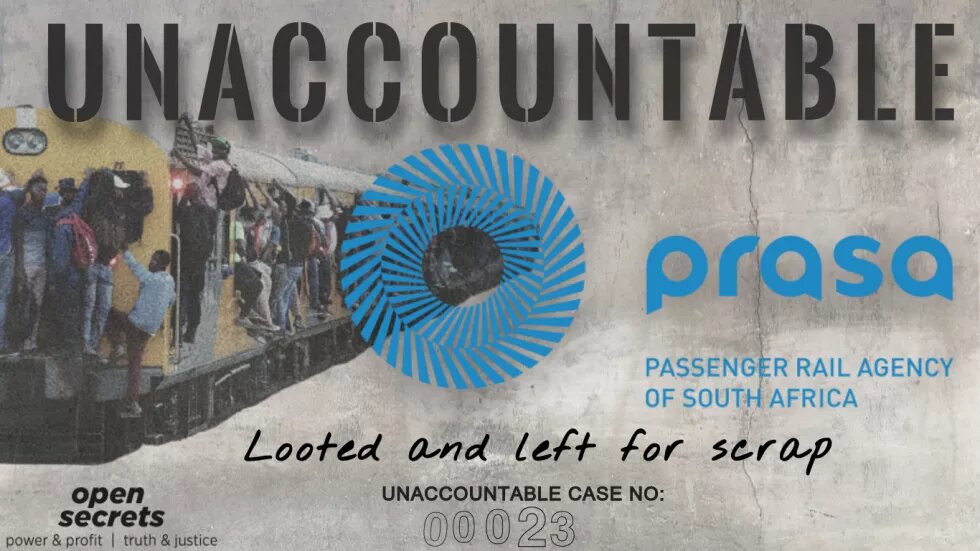The link between corruption and lived experience is nowhere more obvious than the erosion of passenger train services in South Africa. Prasa’s service has declined so dramatically over the past decade that the majority of working-class South Africans who once relied on the affordable service have had to turn to more expensive modes of public transport.

The recent National Household Travel Survey estimated that 80% of South African train users — about 550,000 people — have abandoned their use of rail since 2013. At the root of this decline is a series of exorbitantly expensive and corrupt contracts that siphoned billions of rands out of the Passenger Rail Agency of SA (Prasa) into the hands of politicians and businessmen from 2009-2015.
In South Africa, the legacy of spatial apartheid means that most working-class citizens are pushed to the periphery of cities, far away from jobs and other opportunities. Affordable urban commuter rail can play a significant role in reducing these spatial inequalities in the face of other more expensive forms of public transport. However, the long-running financial and governance crises at Prasa have stunted any attempts at reforming the broken state-owned entity (SOE) and providing a workable commuter rail service.
It is important to understand how and why Prasa came to be in the state it is, and who still needs to account for the destruction of passenger rail systems in South Africa. These are the institutions and individuals that were mandated to ensure the effective functioning of the SOE which half a million of South Africans once relied on to get to work every day. Instead of fulfilling their mandate, they have actively enabled, participated in and covered up systemic corruption at Prasa. It is about time they account.
***********************


